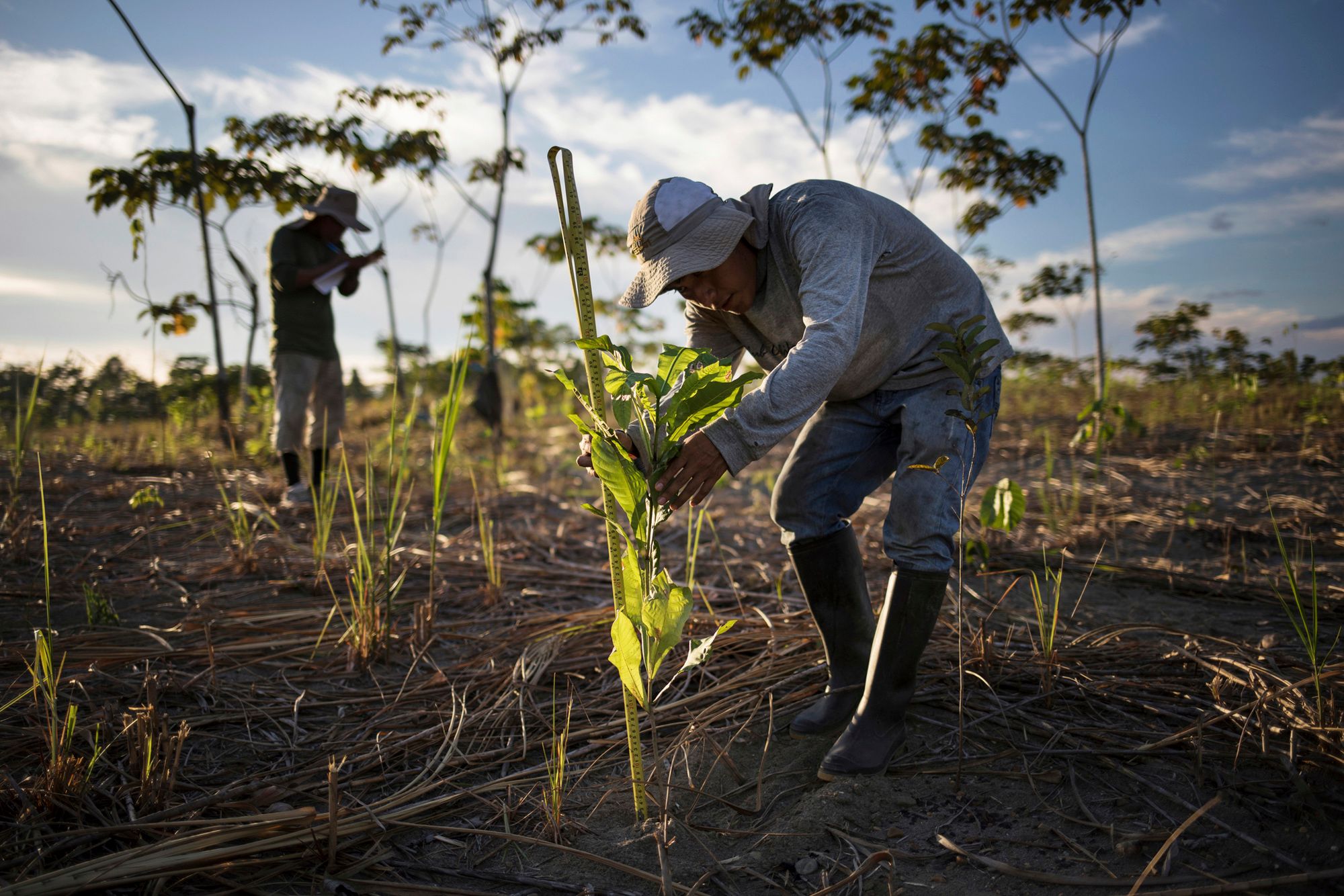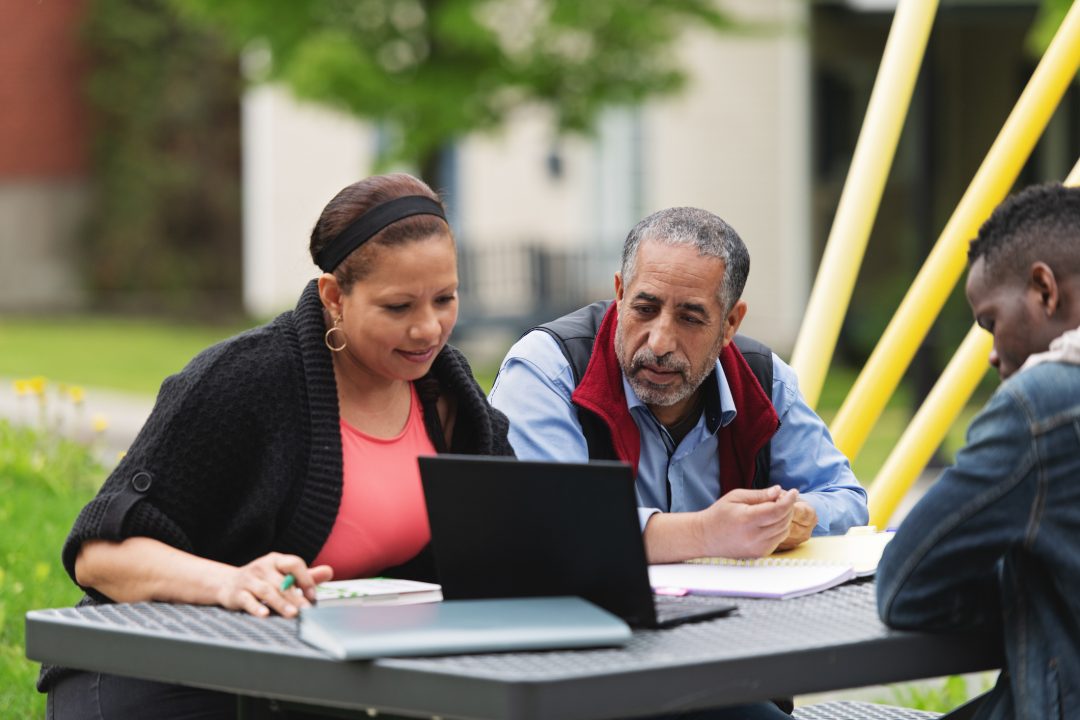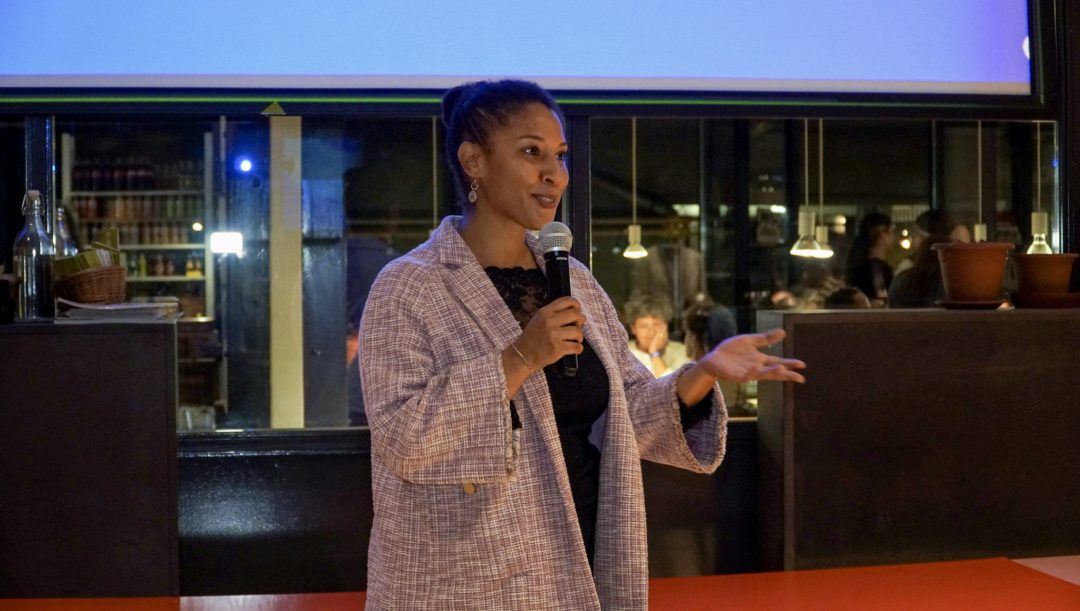The United Nations Environment Programme
UNEP is the leading global environmental authority. They set the global environmental agenda, promote the coherent implementation of the environmental dimension of sustainable development within the United Nations system, and serve as an authoritative advocate for the global environment. Their mission is to provide leadership and encourage partnership in caring for the environment by inspiring, informing, and enabling nations and peoples to improve their quality of life without compromising that of future generations.
UNEP partnered with other purpose-aligned organizations such as The International Union for Conservation of Nature (IUCN), The Food and Agriculture Organization of the United Nations, Partnerships for Forests, The World Economic Forum (WEF) to work towards achieving The UN Decade on Ecosystem Restoration goals, which is a global initiative that aims to end poverty, combat climate change and prevent mass extinction by preventing and reversing the degradation of ecosystems.
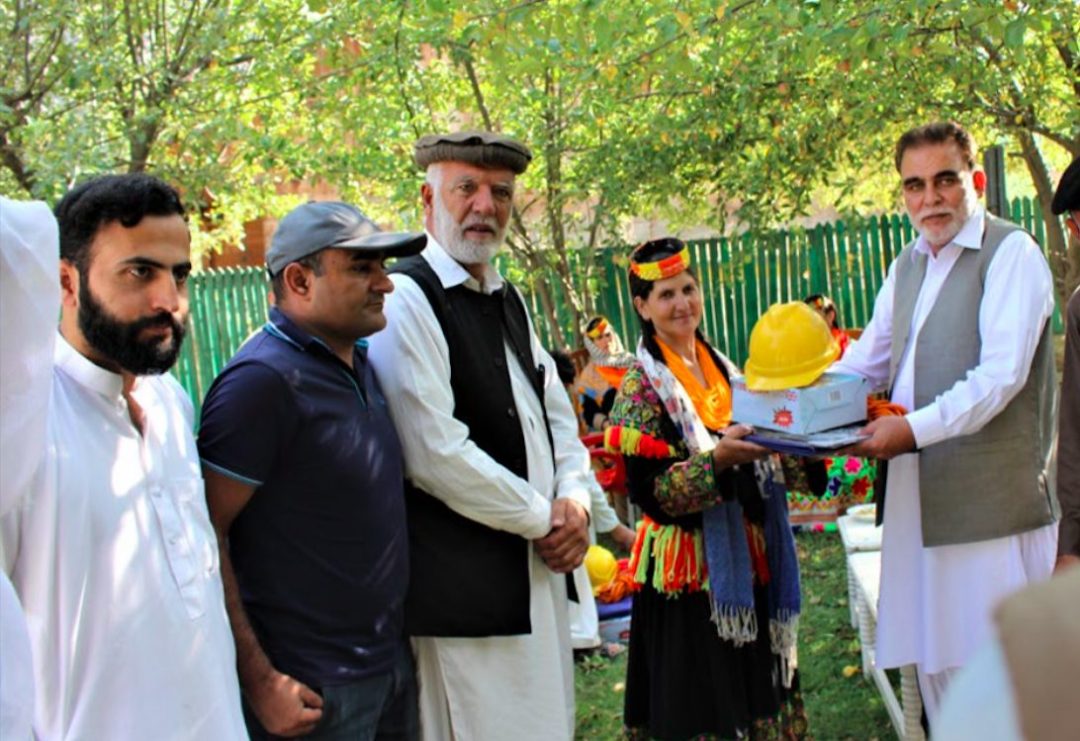
Purpose-driven Innovation
To achieve The UN Decade on Ecosystem Restoration goals they needed to fix the problem at the root: Boosting the sustainable use of natural resources in companies. By supporting the development of new purpose-driven forest businesses they would ensure that restoration happens in a systematic way, born from an innovative way to do business, with the welfare of the ecosystem in mind.
UNEP was looking for a solution that could overcome these 4 challenges:
Global Outreach: Understanding that eco-entrepreneurs are all around the world, ready to incubate great business ideas, UNEP wanted to make sure their solution would be available for whoever needed help in their business development journey.
Scalability: Based on the same fact that they wanted to support many diverse entrepreneurs simultaneously they wanted to make sure the experience they provided would be smooth no matter the number of businesses supported so they were looking for a solution that could provide the right processes and technology at scale.
Content: They were looking for a proven business methodology that could ensure founders would finalise the program ready to implement and grow green business solutions. It was important that the content also provided a sense of structure to the founders as they expected some of them to have little to no business acumen.
Support: It was important that founders were not only provided resources but that they also got emotional and technical support. UNEP was looking for a solution that could provide human touch points at scale to follow-up closely with the founders development.
The solution: The Restoration Factory
UNEP, its allies and our team at Bridge for Billions co-designed an online incubation program to solve just that. The program would connect business experts to restoration entrepreneurs to join forces and build back a better future for a profitable, thriving and green business transformation.
The 4 pillars of The Restoration Factory
Outreach and Scouting: We created communication materials, landing pages, and campaigns to attract eco-entrepreneurs. Through the application process, we got to learn the needs of the business projects and the entrepreneur’s motivations. We selected a group of founders with the potential to receive the right resources and support to develop new green businesses.
Top-notch incubation process: Our program can be done 100% online allowing founders to connect from wherever they are and at the time that suits them best. This flexibility has proven to increase the number of founders per program in comparison to other solutions in the market. During incubation, entrepreneurs receive support from their personal mentors, our international community of founders and mentors, and their incubation teams. At Bridge for Billions, we mix up technology with human touchpoints to support founders both structurally and emotionally. We welcomed all entrepreneurs and mentors on day one of the programs to explain the nitty-gritty of what happens weekly, biweekly and monthly so that everyone felt situated as they start their journey through The Restoration Factory. Weekly mentors could dig deeper into what the entrepreneur needed during their one-to-one sessions together and our incubation team followed up closely to make sure no one was falling behind.
Business Methodology: The methodology is inspired by leading frameworks in entrepreneurship such as Disciplined Entrepreneurship from the MIT by Bill Aulet, Business Model Canvas by Osterwalder, Lean Startup by Eric Ries, and many others. In total, the 6-month program comprises eight different business tools, all grounded in practical exercises intended to validate assumptions with data. The combination of pedagogical techniques and tools we use throughout our programs ensures entrepreneurs’ success by “pushing” founders to build their business through the uncertainty in a structured environment and with the right support. We make sure that during the experience, founders are constantly diverging, converging, and most importantly asking their real customers the right questions. The mix of guidance with a learn-by-doing approach is key to building not only resilient businesses but strong founders able to pivot and lead.
On top of that, the program was supplemented by an extensive list of complementary materials from partner organizations, including FAO, IUCN, P4F, and WWF’s Landscape Finance Lab making niche content available for all founders.
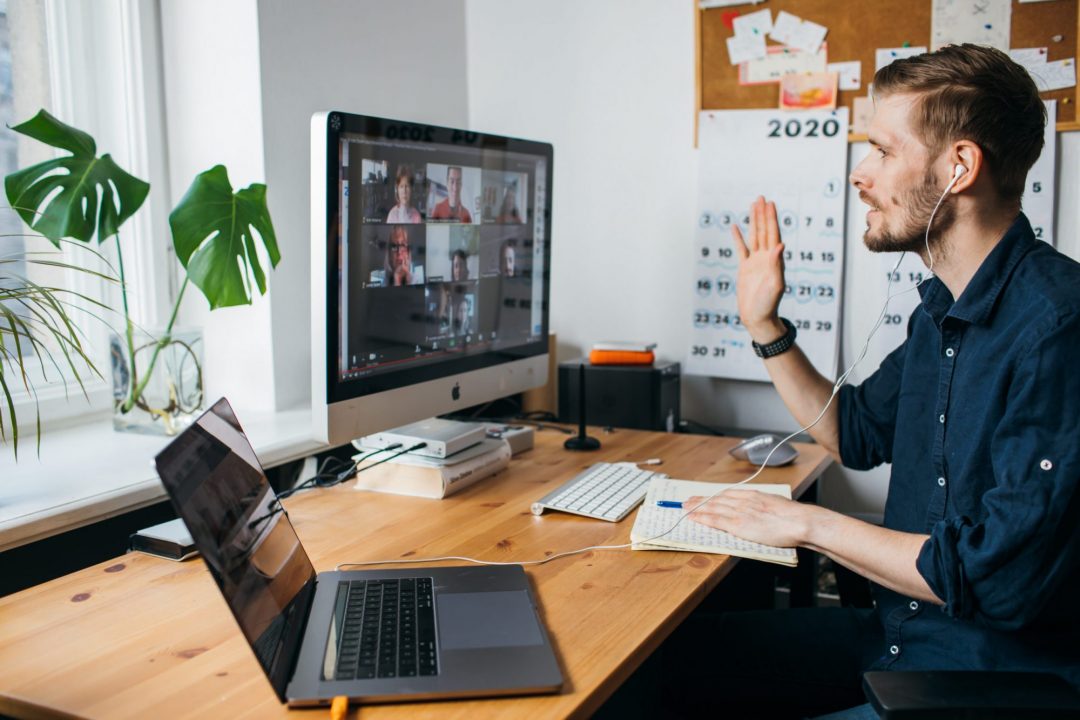
Expert Mentorship: We paired founders with a personal private sector mentor through an organic matching process. Throughout this journey, each participant was able to meet virtually their own personal mentors every week and count on his or her mentor to guide them with valuable advice and insights. The program aims to short-circuit traditional learning methods by giving founders online access to bespoke advice from expert mentors, for immediate application to their business ideas. Learning can then become more practical, more efficient and more impactful.
UNEP welcomed its first cohort of restoration eco-entrepreneurs to participate in a 6-month innovative business incubator program aimed at strengthening the economic potential of their ideas: The Restoration Factory. The program we built with UNEP covers all the fundamentals of starting a business, from the development of their value proposition, competition and shareholder maps, pricing and business viability, marketing and financial plans all the way to creating their own impact strategy and growth plan. Founders go through these fundamentals with all the support needed and by the end of the program they are able to have a validated business plan and work on their pitch decks.
The Restoration Factory Projects
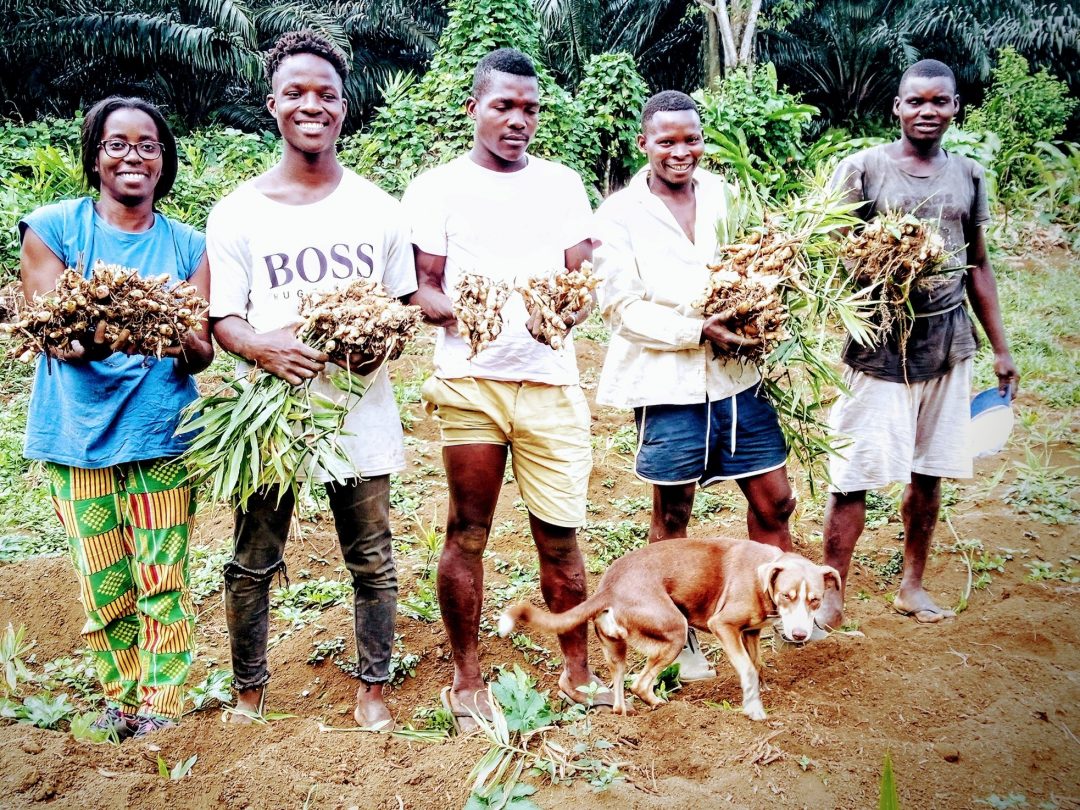
Delicias das Ilhas
Region: Sao Tomé, Sao Tomé and Principe
Horizon Business Ventures
Founder: Irene Waithera Kiragu
Region: Nairobi, Kenya
“My venture involves Essential oils which are distilled from our surrounding biomass. We have partnered up with farmers to claim and restore unused land where they plant the biomass and we go on ahead to buy the biomass from them. The essential oils are used in the beauty and cosmetic industry as well as the pharmaceutical field.”
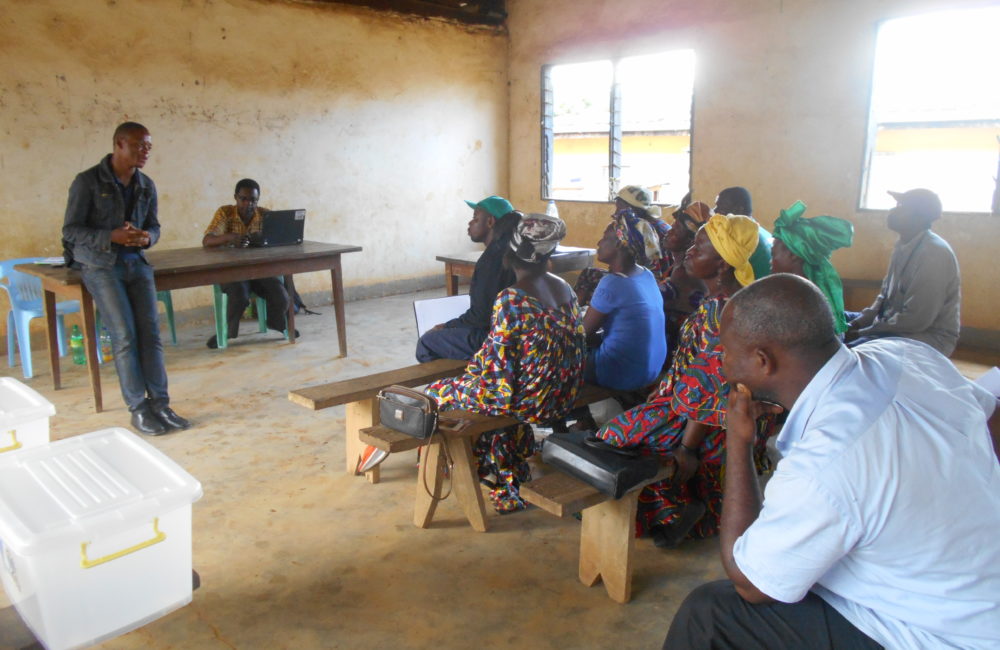
Bush Mango Project
Founder: Juscar Ndjounguep
Region: Yaounde, Cameroon
“This project will restore degraded lands by planting Bush Mango in farmlands. A total of 10000h of farmland will be restored and some 1,000,000 bush mango trees planted. In average, some 50000t of bush mango seeds will be produced annually. This will be processed for the production of a minimum of 34000 liters of bush mango oil annually. The bush mango produced will be collected from the farmers for processing into bush mango oil that will be sold to cosmetic industries around the country. Profit derived will be shared between the partner companies and the farmers.”
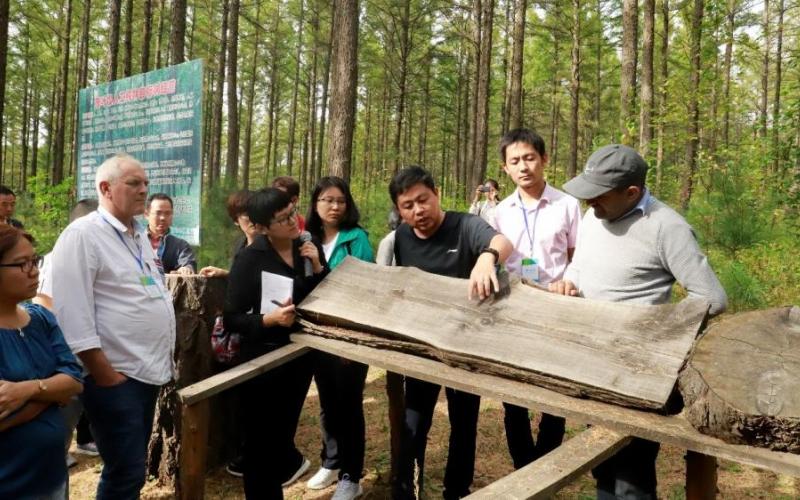
PRC-GEF State Forest Farm Project
Founders: State Forest Farm Cooperative
Region: Beijing, China
“One pilot State Forest Farm (SFF) of our project is located in the water source area of an important economic zone (Guangzhou, Shenzhen, Hong Kong cities). With the help of our project, the SFF adopts an innovative FLR-based forest management method to improve the water conservation capacity of forest, which will provide the cities with many contributions related to water safety. Therefore, we want to support the SFF to develop nature education products and sell them to the enterprises, institutions, and departments in the economic zone, which can fulfil their social responsibilities and increase their visibility.”
Restoration business is viable
We share UNEP’s belief that to achieve impact at scale we must increase the quality and quantity of the entrepreneurship support initiatives aimed at early-stage entrepreneurs focused on restoration.
The reality is that most purpose-driven founders, amongst many areas of innovation and working on a wide variety of crucial problems, often have a hard time finding the right resources, support and funding as they’re perceived to be “more risky” by both entrepreneurship support organizations and investors.
By ensuring that all types of entrepreneurs with diverse backgrounds who work on different areas of innovation, are motivated and supported we will be able to not only democratise access to innovation but to also find solutions to the problems that really matter like ecosystem degradation.
If, like UNEP, you want to create your own program to promote social innovation and support purpose-driven founders changing the world in your specific sector or region, contact us below. We can help you build it in less than a month.
